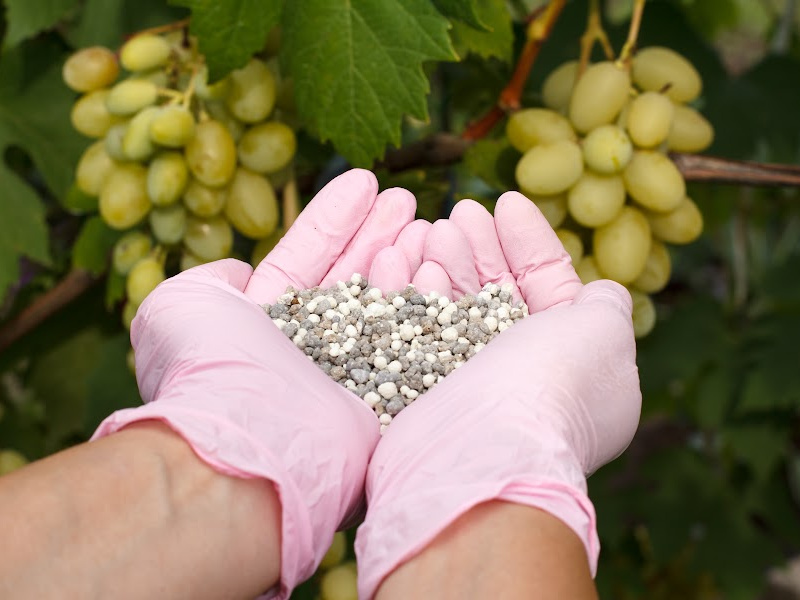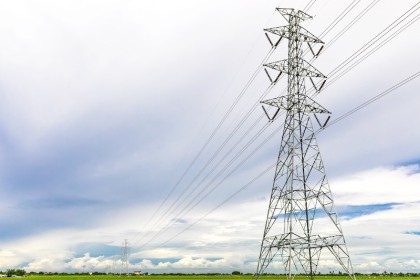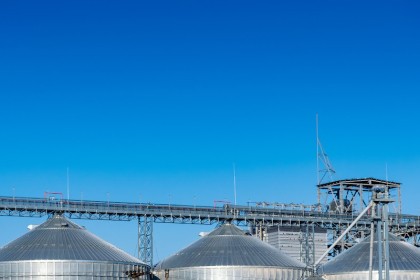
The Role of Fertiliser in Food Security: A Focus on Southern Africa
Explore the pivotal role of fertilisers, particularly organic ones, in strengthening food security in Southern Africa.
Food security remains a major global concern, and the issue is particularly urgent in regions like Southern Africa. Among various strategies for addressing food scarcity, a critical yet often overlooked tool emerges—fertiliser.
This article will delve into the substantial role of fertilisers, including the increasingly important organic fertiliser, in strengthening food security in the Southern Africa region. This deep dive will involve exploring fertilisers' integral role in agriculture, their interconnectedness with policy-making, and the importance of sustainability in their usage.
Understanding the Basics
A fertiliser is a substance, often a mixture of essential nutrients, added to soil or land to enhance plant health and productivity. Fertilisers can be synthetic, created in factories, or organic - derived from natural sources such as animal manure or plant waste. Organic fertiliser, an increasingly important player in sustainable agriculture, contributes not only to plant growth but also to overall soil health, biodiversity, and carbon sequestration.
It's vital to understand the question - 'What is fertiliser?' and recognise the distinct types and their benefits to fully grasp the impact fertilisers can have on food security.
The Role of Fertilisers in Agriculture
Fertilisers play a vital role in agriculture by replenishing soil nutrients, thereby stimulating plant growth and increasing agricultural productivity. Each type of fertiliser, whether organic or inorganic, provides distinct benefits.
Organic fertilisers enhance soil structure, promote microbial life, and improve water retention, all of which contribute to healthier, more resilient crops. Inorganic fertilisers, on the other hand, can offer a quick nutrient boost to crops. Organic and inorganic fertilisers can also be used together. The balance of both creates optimal conditions for high crop yields - which is a critical factor in promoting food security.
Fertiliser and Food Security: The Connection
In an era of increasing populations, changing climates, and degrading soils, the role of fertiliser in ensuring food security has never been more crucial. Fertilisers, particularly organic varieties, directly influence food security by bolstering crop yields and nutritional quality.
Southern Africa, a region with diverse farming systems and climates, has experienced firsthand the transformative impact of fertiliser use. Increasing access to both organic and inorganic fertilisers has led to a significant rise in food production statistics in the region. This heightened productivity ensures more abundant and affordable food supplies, which are core components of food security.
Policy Perspective
In Southern Africa, policy measures are steadily evolving to encourage responsible and effective fertiliser use. These policy measures aim to improve farmers' access to quality fertilisers, provide education on best practices, and offer subsidies to make fertilisers more affordable.
To improve crop yields and food security, successful strategies have been implemented to increase the adoption rates of fertilisers. These include training programs for farmers and investment in research and development of more efficient and eco-friendly fertilisers.
However, challenges persist, and improvements are necessary in areas such as infrastructure for fertiliser distribution and ensuring farmers have access to affordable,
high-quality fertilisers.
Sustainability Aspect of Fertilizer Use
Though fertilisers enhance agricultural productivity and food security, their usage presents environmental challenges. Overuse or improper application of fertilisers can result in water pollution, soil erosion, and biodiversity loss. Therefore, it is crucial to adopt sustainable fertiliser practices to ensure long-term food security while protecting the environment.
Here are a few sustainable fertiliser practices:
- Include precision farming techniques that minimise the amount of fertiliser used.
- Adopt nutrient management plans tailored to specific crops and soils.
- Encourage proper storage and disposal of fertilisers to reduce runoff.
In Southern Africa, embracing these sustainable practices is of utmost importance, given the region's vulnerability to climate change and its dependency on agriculture for food and livelihoods.
Fostering Food Security: The Path Ahead with Fertilisers
In essence, fertilisers, particularly organic ones, represent a key ingredient for achieving food security in Southern Africa. However, it's not just about increasing usage but ensuring it's done responsibly and sustainably. For the health of our planet and the future of our food, embracing sustainable practices in fertiliser usage is our collective responsibility.
If you have more questions, contact us today to learn more about how fertilisers can play a pivotal role in food security.












